Is your Sunscreen absorbing UV rays or reflecting?
| Estimated Reading Time: 7 minutes |
Sunscreen is a fundamental component of skincare, well acknowledged for its essential function in protecting our skin from the damaging effects of ultraviolet (UV) radiation. Given the documented connection between UV exposure and skin damage, such as sunburn, accelerated aging, and an increased risk of skin cancer, this protective role is still uncontested. But how well sunscreen works to achieve this protection depends largely on how it is made and what methods it uses.

Table of Content:
|
Sunscreens classified as chemical or plant-based fall into two main types, which are differentiated by how they interact with ultraviolet radiation. Chemical sunscreens work by drawing UV rays into the skin, where they are absorbed and then converted into heat by certain organic chemicals. This process neutralizes the detrimental effects of the UV radiation. On the other hand, sunscreens made of minerals or plants work by covering the skin with a physical barrier that reflects UV rays without absorbing them.
The various methods used by sunscreen formulations to give UV protection are highlighted by this basic contrast between absorption and reflection. Both chemical- and plant-based sunscreens provide good protection against UV rays, but they work differently to suit different skin types, sensitivity levels, and environmental factors. When choosing sunscreen products that are customized to their individual skincare needs and preferences, customers can make well-informed decisions by being aware of these subtleties.
Is your Sunscreen absorbing UV rays or reflecting?
Understanding Absorption vs. Reflection:
Our goal when using sunscreen is to protect our skin from the harmful effects of UV rays. There are two main ways to accomplish this: absorption and reflection.
1. Absorption: Chemical sunscreens function by causing the skin to absorb UV rays. When these sunscreens are exposed to UV light, organic chemicals within them conduct a chemical reaction that releases heat from the skin. This procedure successfully lowers the quantity of UV radiation that enters the skin's deeper layers, where it can harm the skin and hasten the ageing process and cause sunburn.
2. Reflection: On the other hand, some sunscreens—especially those designated as physical or mineral sunscreens—form a physical barrier on the skin's surface that deflects UV rays. Active components in these sunscreens, such as titanium dioxide or zinc oxide, rest on top of the skin and scatter or deflect UV rays before they can reach the skin's surface.
Your Sunscreen could absorb or reflect UV depending on whether it is Chemical or Plant based sunscreen
Sunscreen could act in two ways - by either forming a physical barrier on the skin that reflects UV rays away from the skin or absorb UV rays into the skin before your Skin can
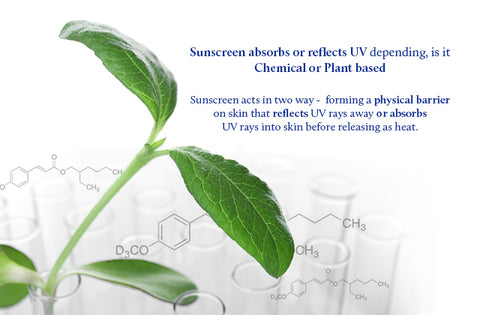
Chemical vs. Plant-Based Sunscreens:
Environmental factors, skin sensitivity, and personal preference are generally the deciding factors when choosing between chemical and plant-based sunscreens. Let's examine each type in more detail:
1. Chemical Sunscreens: Traditionally, chemical sunscreens have been widely utilized due to their easy application and lightweight structure. However, the inclusion of specific chemical filters, such as oxybenzone or avobenzone, may cause skin irritation or allergic responses in certain users. These sunscreens work effectively to protect against sun damage by absorbing UV rays and turning them into innocuous heat.
2. Plant-Based Sunscreens: In the skincare business, there has been a notable shift towards plant-based or mineral sunscreens due to growing awareness of environmental and health problems. The increase in demand can be attributed to consumers' increasing inclination towards items that not only provide efficient sun protection but also correspond with their principles of sustainability and environmental awareness.
Because they contain natural components like titanium dioxide and zinc oxide, plant-based or mineral sunscreens have become more and more popular. Without requiring chemical absorption, these minerals create a physical barrier on the surface of the skin that effectively reflects UV rays away from the skin. This mode of action reduces the possibility of skin irritation or allergic responses, which are frequently linked to chemical sunscreens, in addition to offering broad-spectrum protection against UVA and UVB radiation.
In addition, people with sensitive skin or those who are prone to skin disorders like rosacea or eczema frequently prefer sunscreens made of plants. Because these sunscreens have a mild formula and don't contain any harsh chemicals or smells, you can use them every day without worrying about aggravating skin sensitivity.
Beyond concerns about individual skincare, plant-based sunscreens are becoming more and more popular due to their environmental friendliness. These sunscreens help to sustain skincare practices and pose no danger to marine habitats because they use natural components instead of synthetic chemicals.
In general, the increase in demand for mineral or plant-based sunscreens highlights a larger trend towards conscious consumerism, in which people give priority to goods that not only work well but also are consistent with their ideals of environmental responsibility, sustainability, and health.
Plant-Based Sunscreen: Safer Sun Protection
Chemical sunscreens absorb UV radiation. However, plant-based sunscreen contains natural ingredients with a gentler formulation and forms a physical barrier before UV rays could enter your skin.
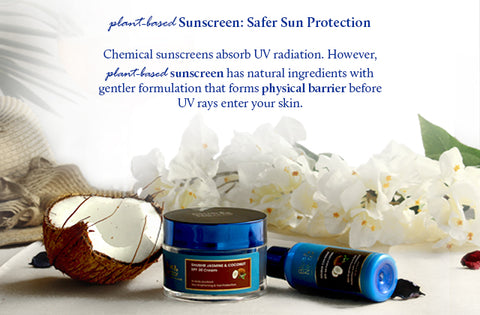
The Case for Plant-Based Sunscreen:
Many customers find plant-based sunscreens to be an appealing alternative to their chemical equivalents since they provide a number of benefits:
1. Gentle Formulation: People with sensitive or reactive skin can benefit from plant-based sunscreens because they typically have a gentler formulation. Natural substances are a safer option for everyday usage because they lessen the chance of irritation or allergic reactions.
2. Environmental Benefits: Plant-based sunscreens rely on naturally occurring minerals that present no environmental danger, in contrast to chemical sunscreens, which may contain synthetic compounds that could be harmful to marine ecosystems. This environmentally friendly strategy fits well with the increased focus on sustainability and conscientious customer behavior
3. Broad-Spectrum Protection: Broad-spectrum sunscreens made of plants offer complete protection against the entire range of UV radiation, blocking UVA and UVB rays. This is crucial for protecting the skin from UV damage in all its manifestations, such as sunburn, early ageing, and skin cancer.
While UVB rays mainly impact the skin's surface, causing sunburn and raising the risk of skin cancer, UVA rays penetrate deeply into the skin, causing long-term damage like wrinkles, drooping, and age spots. Plant-based sunscreens protect against UVA and UVB rays, preventing both short-term and long-term skin damage, improving general skin health, and lowering the risk of skin cancer.
People can embrace natural chemicals that are kind to their skin and environmentally beneficial while receiving efficient protection from UV rays by implementing plant-based sunscreens into their skincare regimen.

4. Safe for Sensitive Skin: Plant-based sunscreens provide a milder option that is less likely to cause negative responses for people with sensitive skin or skin problems like rosacea or eczema. Sensitive skin types may usually handle the natural ingredients found in plant-based treatments, such as minerals and botanical extracts. These sunscreens frequently don't contain harsh chemicals, artificial preservatives, or perfumes that can aggravate existing skin disorders. Furthermore, people with sensitive or irritated skin will get much-needed respite from their skin drying out and irritation thanks to the mild mix of plant-based sunscreens. Plant-based sunscreens are safe for everyday use since they are light and non-irritating, providing good sun protection without endangering the health of your skin or making pre-existing skin sensitivities worse.
Conclusion
Understanding the subtleties of sunscreen formulation is essential in the never-ending search for adequate sun protection. The most crucial element is continuous sun protection, regardless of whether you go for a plant-based sunscreen due to its mild formulation and environmental advantages or a chemical sunscreen because of its lightweight texture. You may enjoy the sun safely and reduce the risk of UV damage by adding sunscreen into your regular skincare routine and selecting a formulation that works for your skin type.
Recommended Products by Blue Nectar:
Shubhr Women's Eladi Day Face Cream with SPF 30 | Skin Brightening & Sun Protection
Niraa Shea Butter SPF 30 Face & Body Lotion | Skin Brightening & Sun Protection


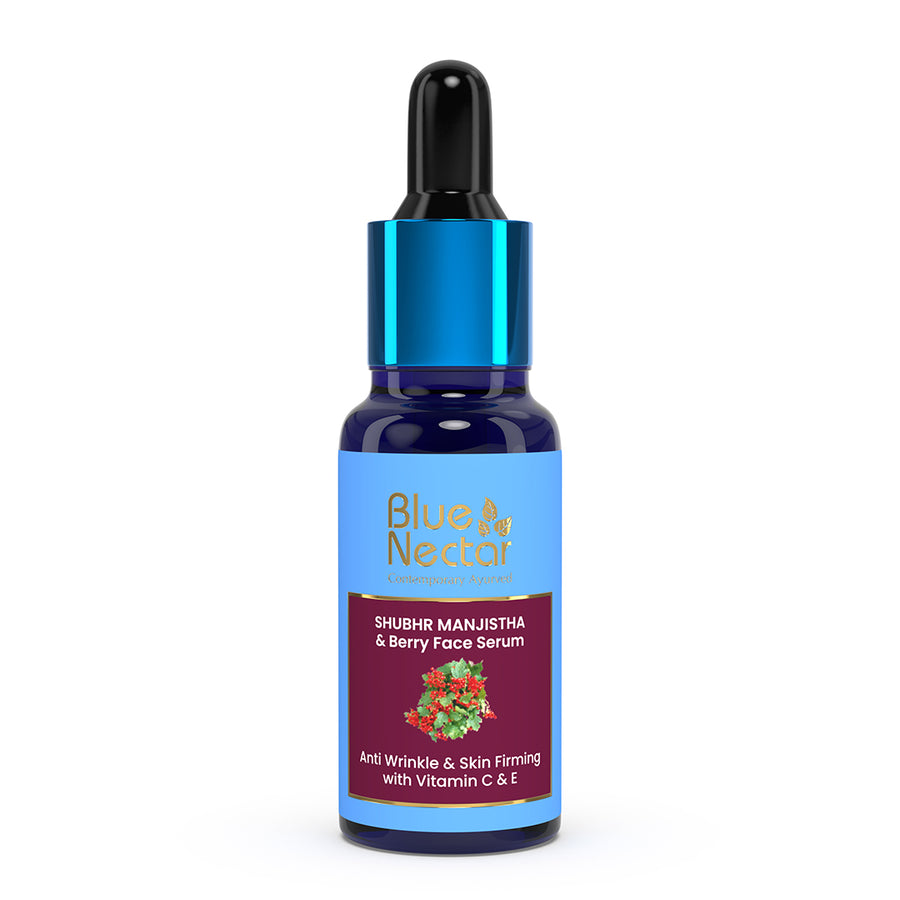

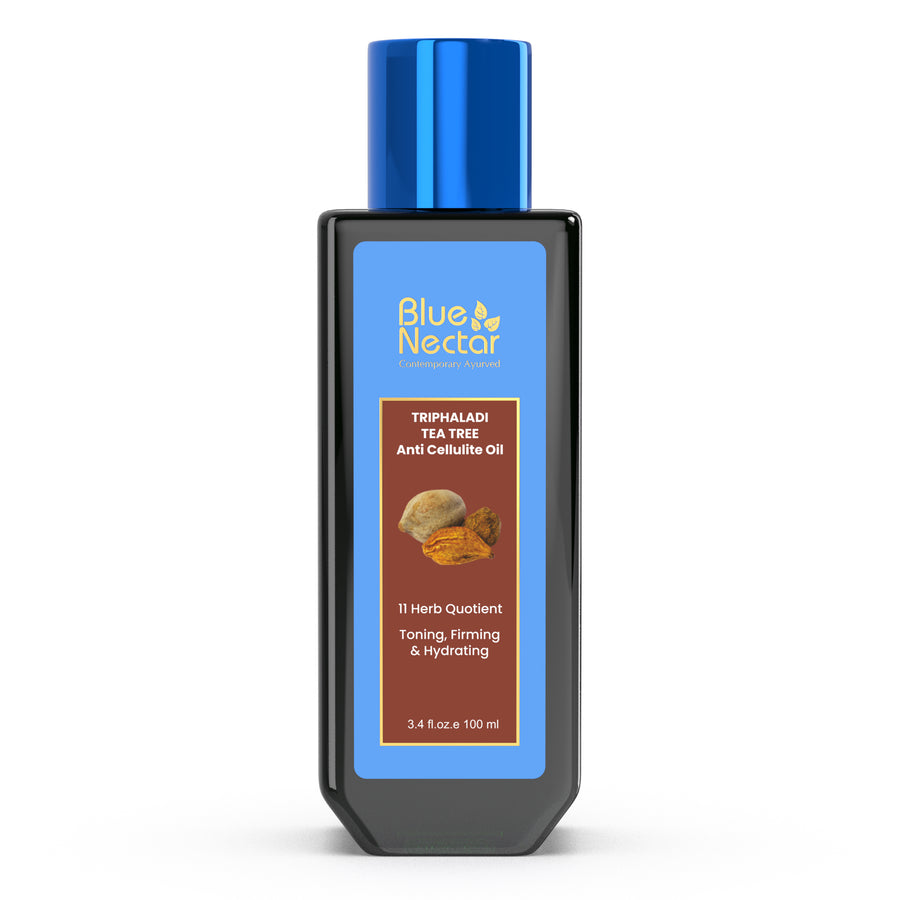

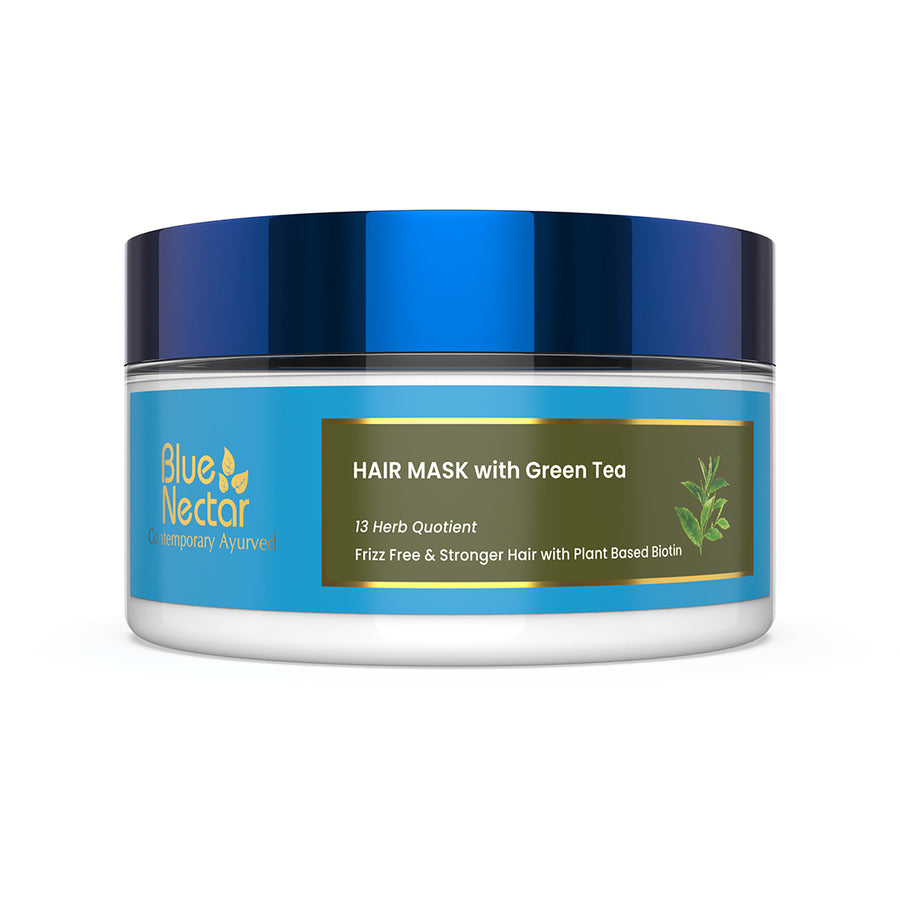
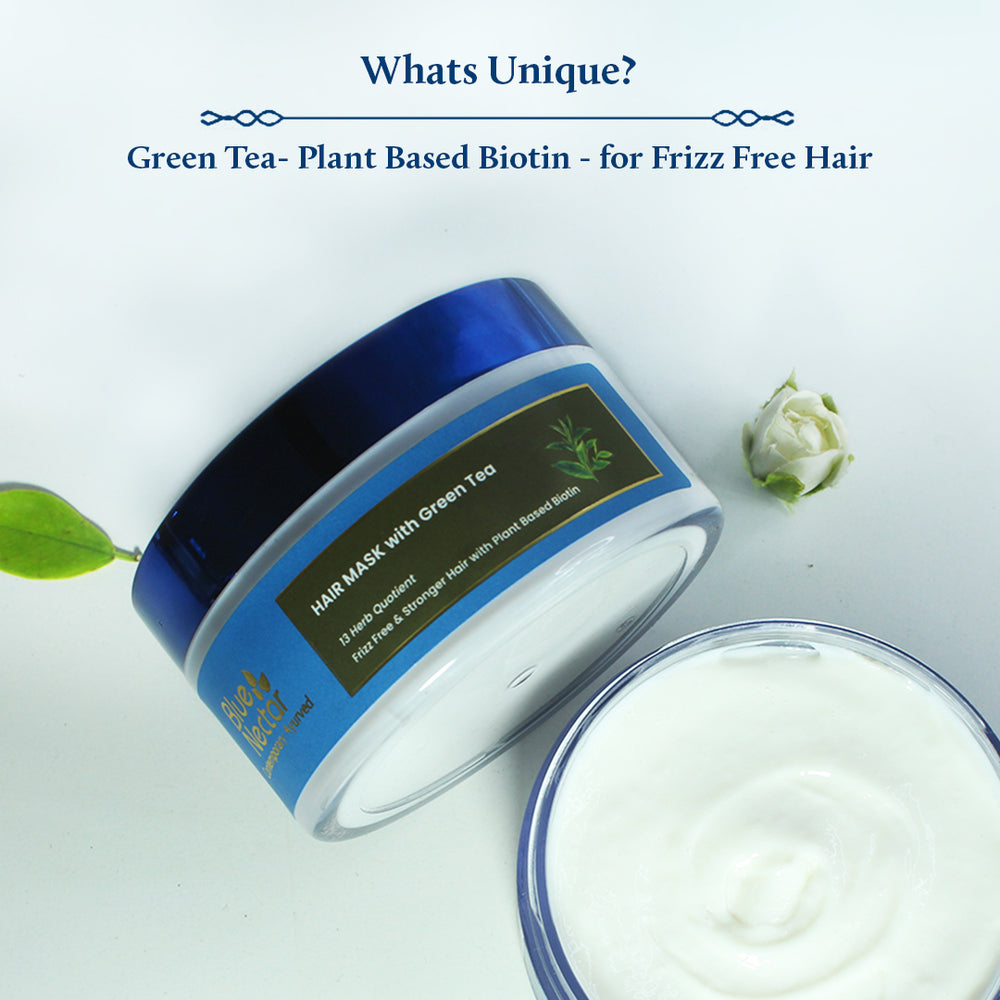


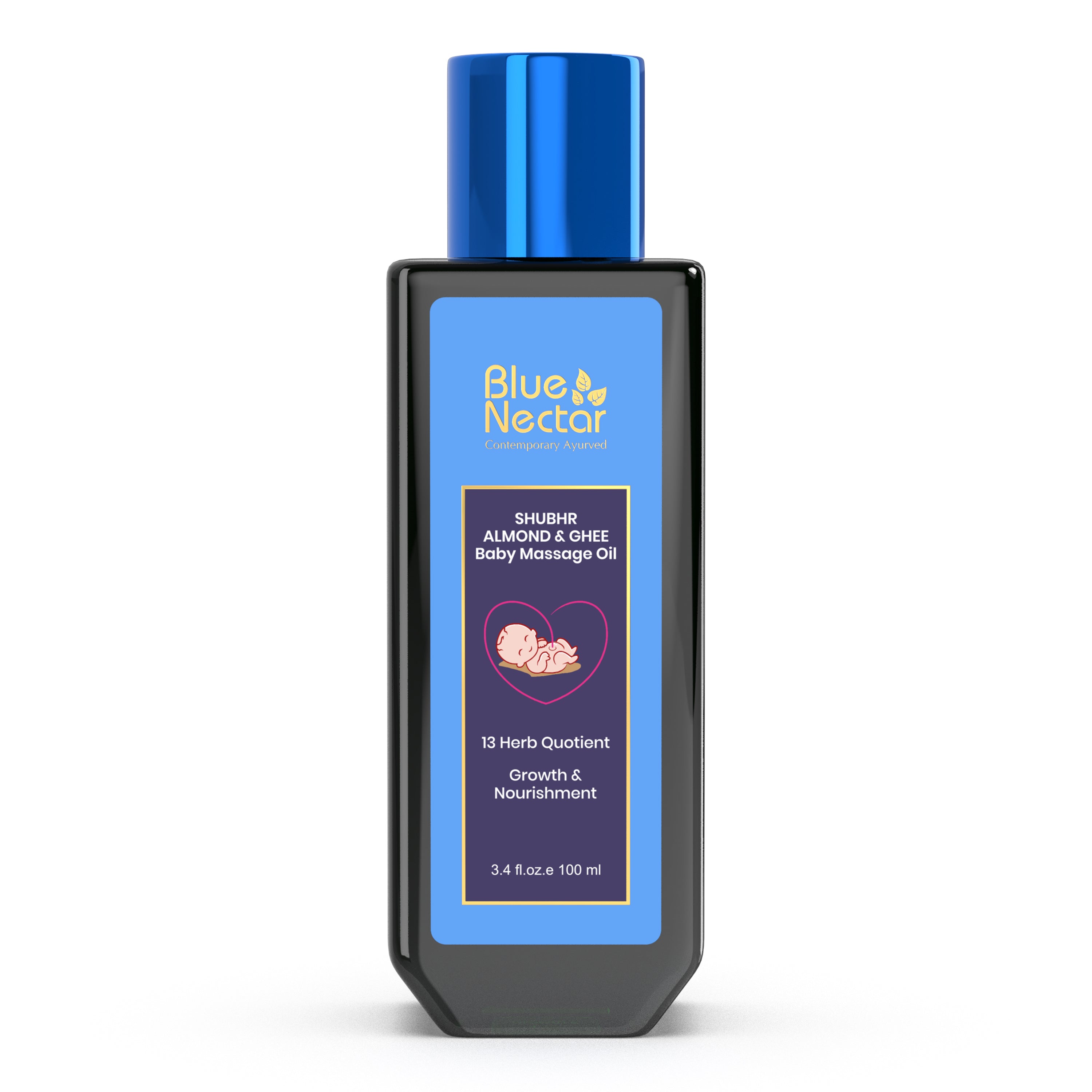

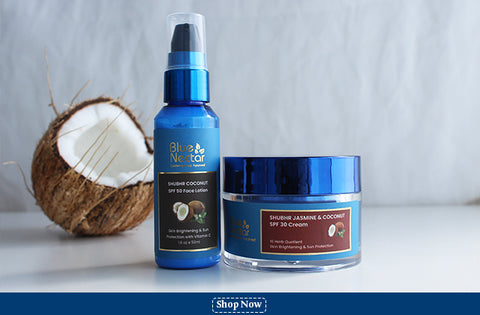
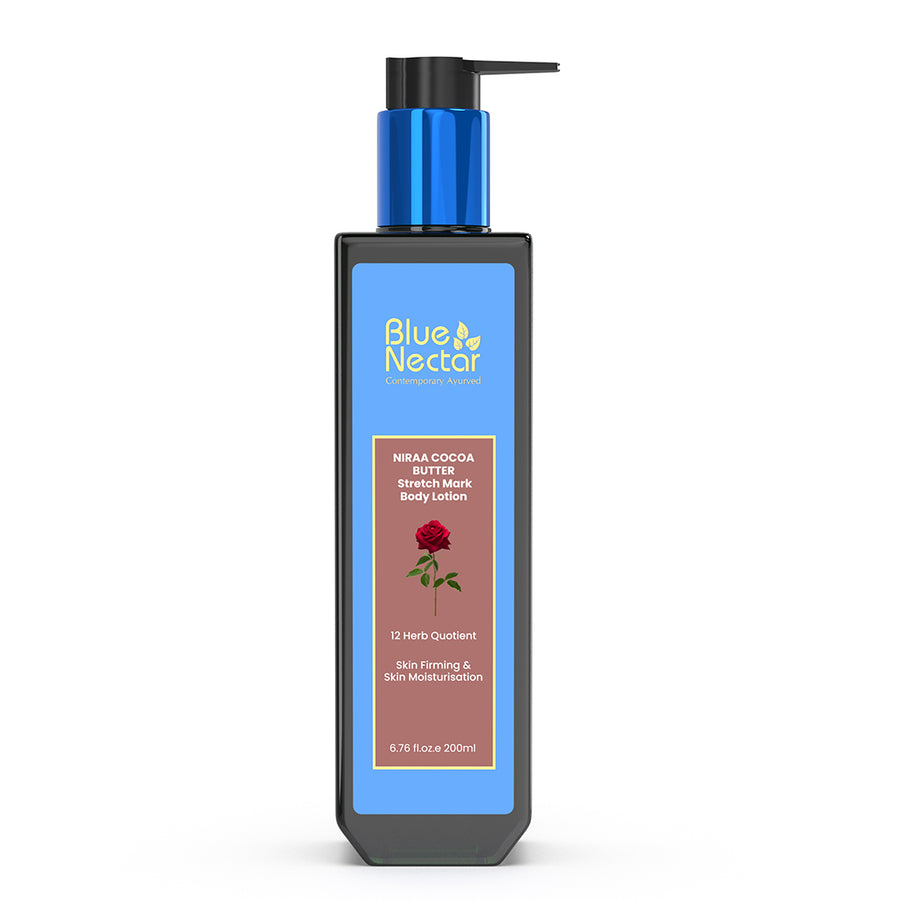

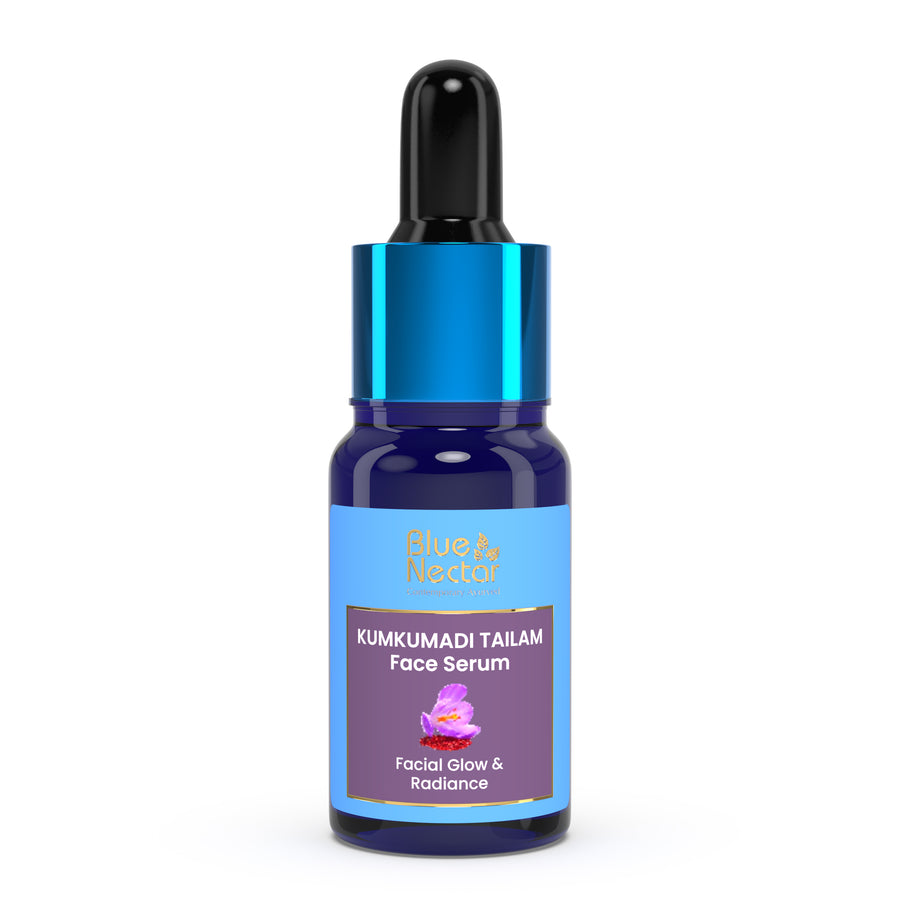


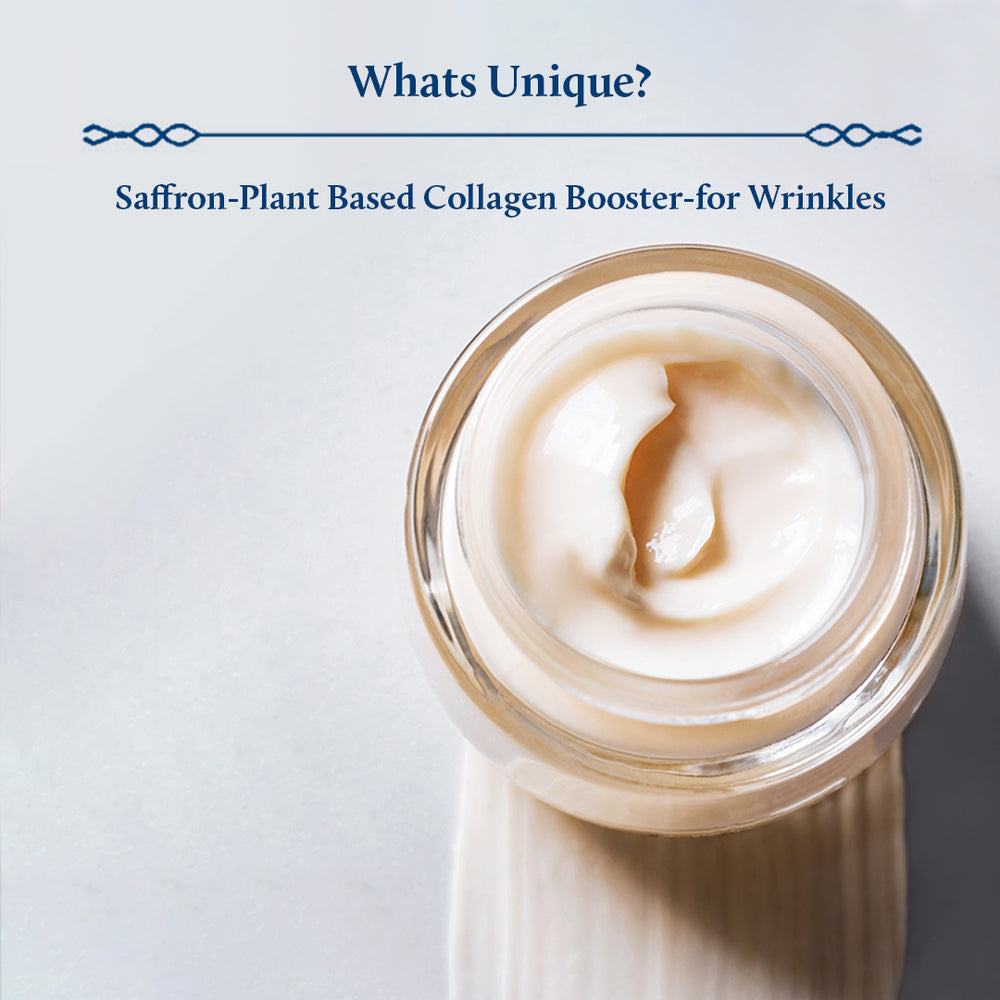
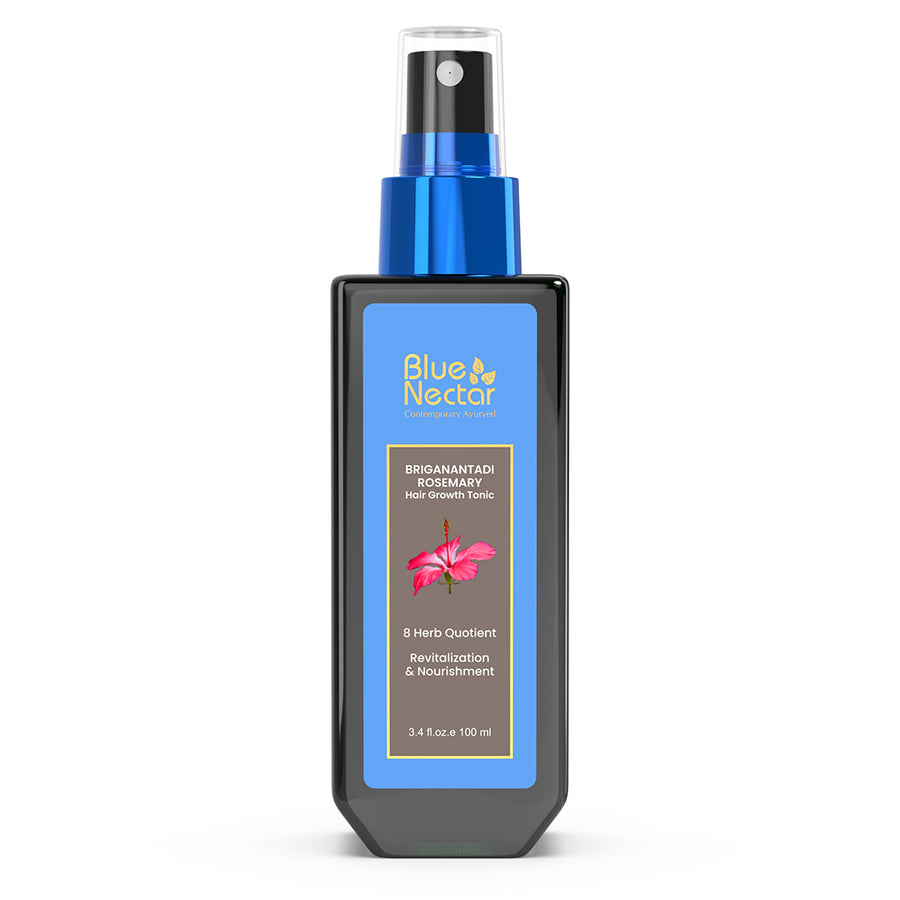

Insightful breakdown of sunscreen types! This informative post highlights the importance of sun protection and the benefits of chemical and plant-based options. A must-read for anyone looking to make informed skincare choices.
Leave a comment